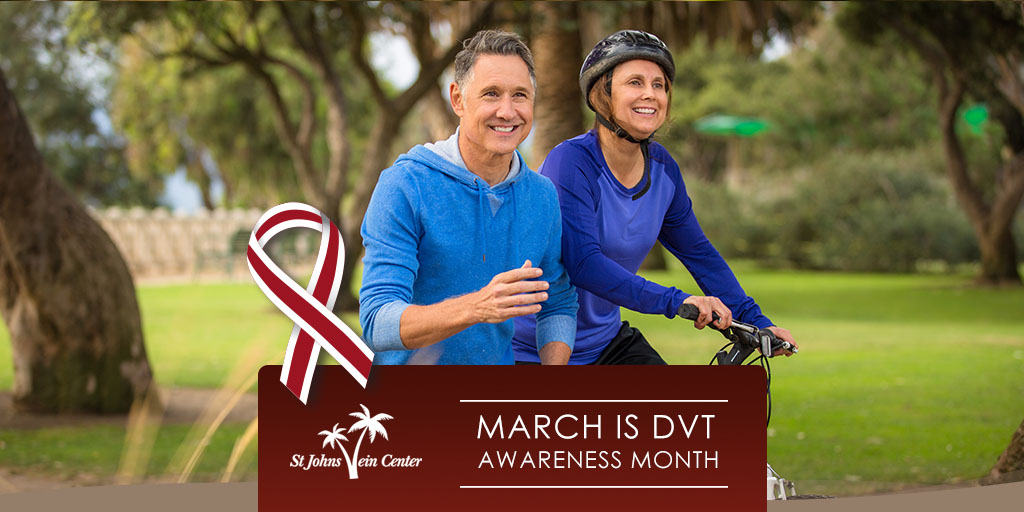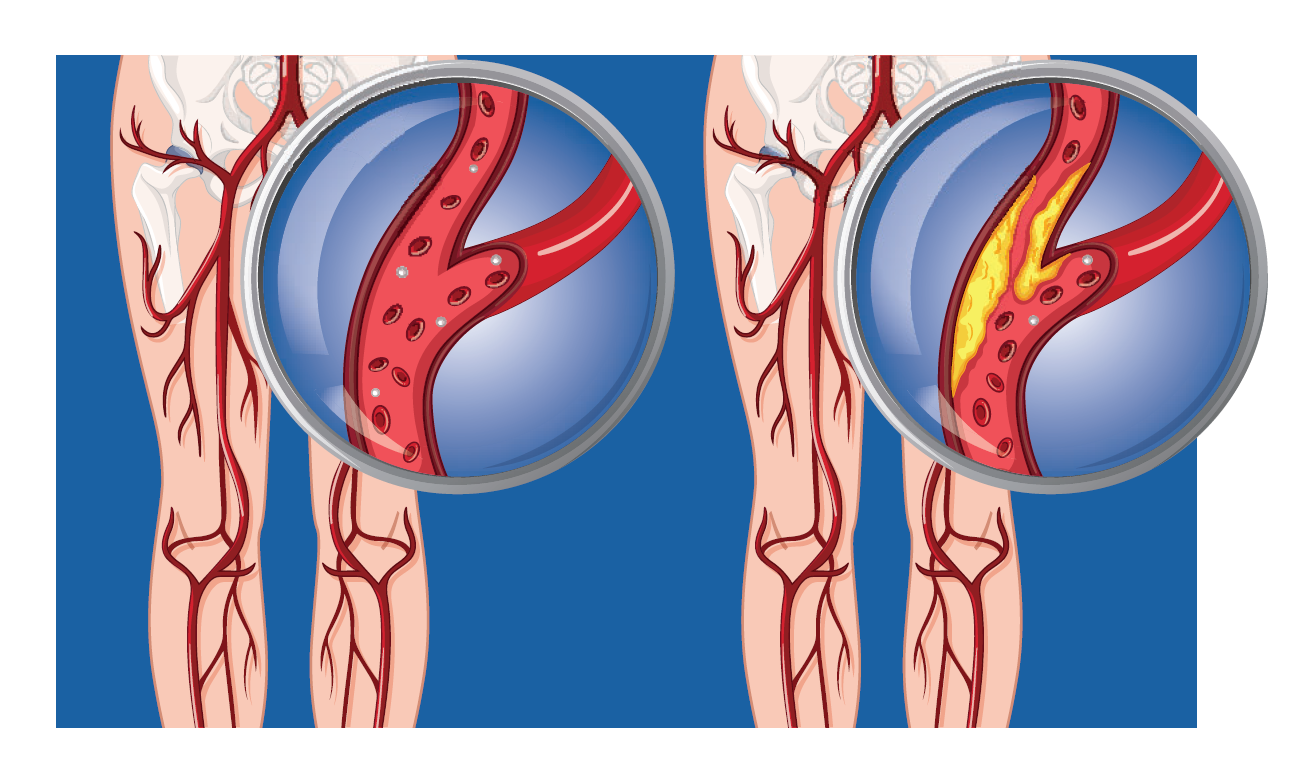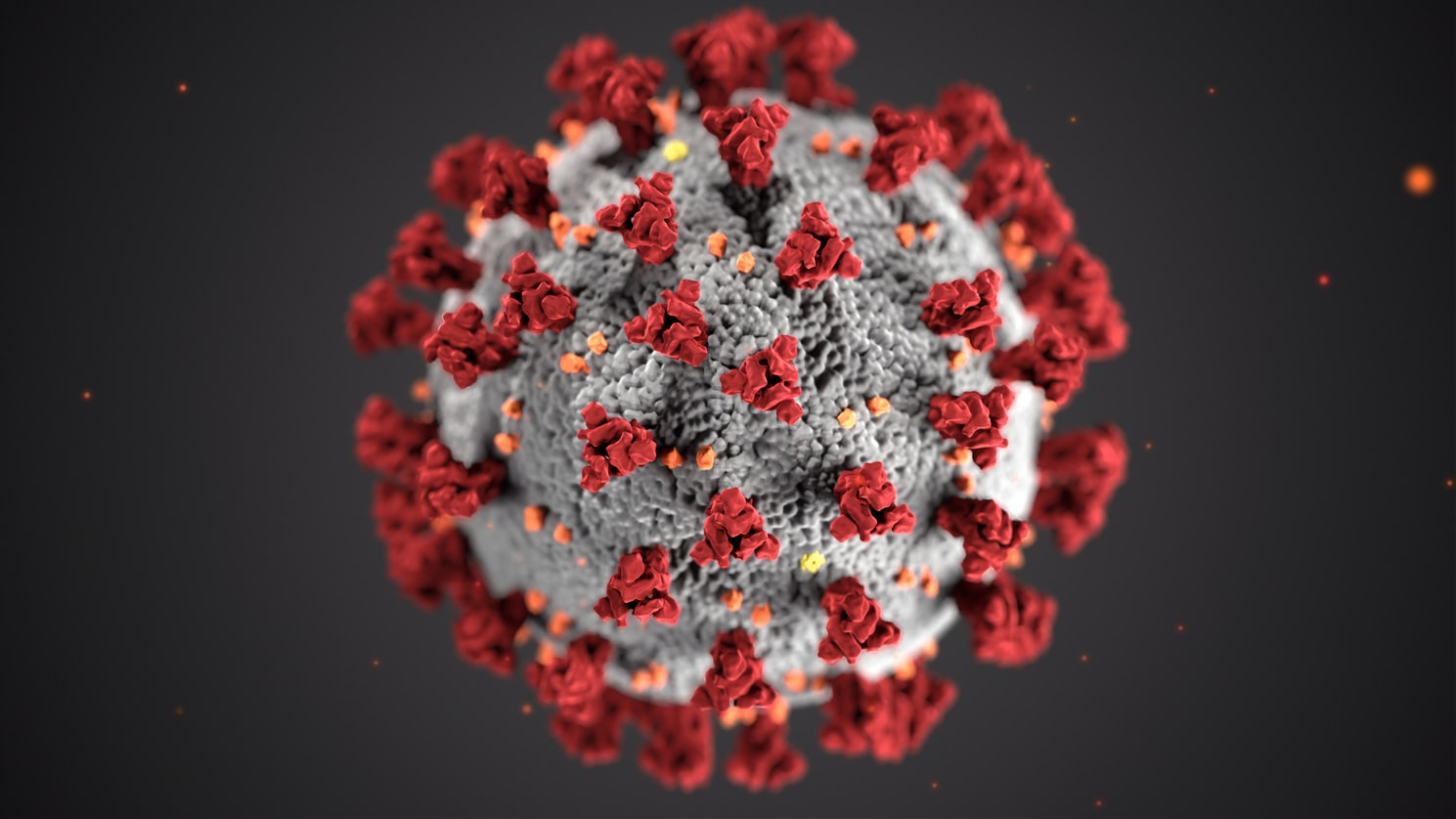Dr. James St George, the founder of St. Johns Vein Center, wants to raise awareness about Deep Vein Thrombosis (DVT) this March. Surprisingly, DVT affects as many as two million Americans, with an alarming 300,000 potentially resulting in fatalities. Unfortunately, most people have never heard of this condition.
Understanding DVT
DVT refers to the formation of blood clots in deep veins, commonly found in the legs. If left untreated, DVT can lead to a life-threatening condition called pulmonary embolism, where a blood clot travels to the lungs. The good news is that DVT is preventable and treatable when detected early.
Recognizing DVT Symptoms
DVT manifests through significant discomfort, including:
- Pain
- Swelling
- Tenderness
- Discoloration
Common Risk Factors for DVT
Certain factors increase the risk of developing DVT, such as:
- A history of varicose veins
- Pregnancy and the first six weeks after childbirth
- Being over 60 years of age
- Being significantly overweight
- Recent major surgery or injury
- Family history of clotting disorders
- Cancer and cancer treatments
- Hormone replacement therapy or birth control pill usage
- Extended bed rest
- Smoking
- Prolonged sitting during long-distance travel (over 6-8 hours)
Get Screened for DVT
A simple venous screening can detect both venous insufficiency and DVT. Symptoms of venous insufficiency include unsightly varicose veins, leg pain, fatigue, or heaviness that worsens throughout the day. Restlessness, itching, and leg swelling may also occur. In advanced stages, it can lead to leg ulcers. If you experience any of these symptoms, it’s crucial to book a venous screening today.
Take a proactive step towards your health and contact St. Johns Vein Center online or call us at 877-640-VEIN (8346) to schedule a complimentary vein screening. Protect yourself from the risks of DVT and ensure the well-being of your veins.




